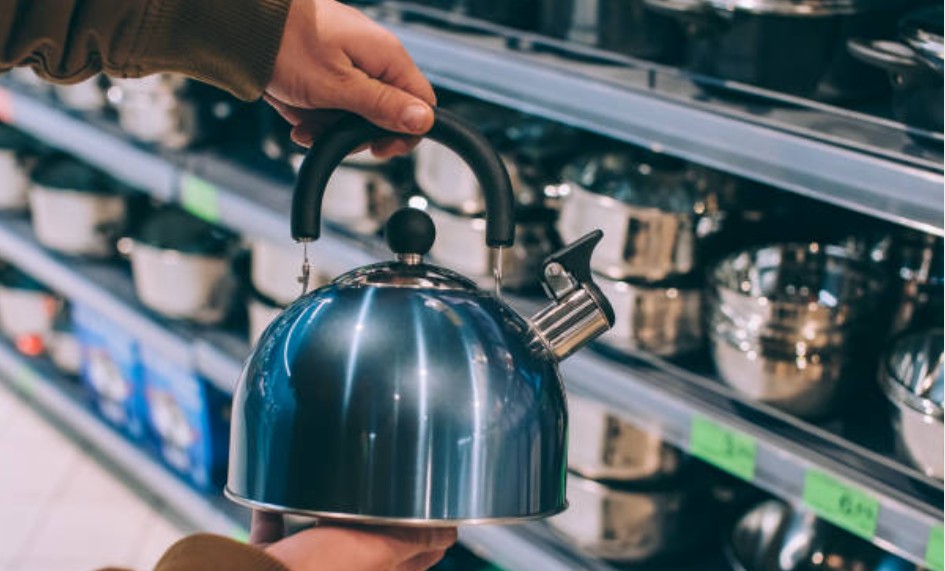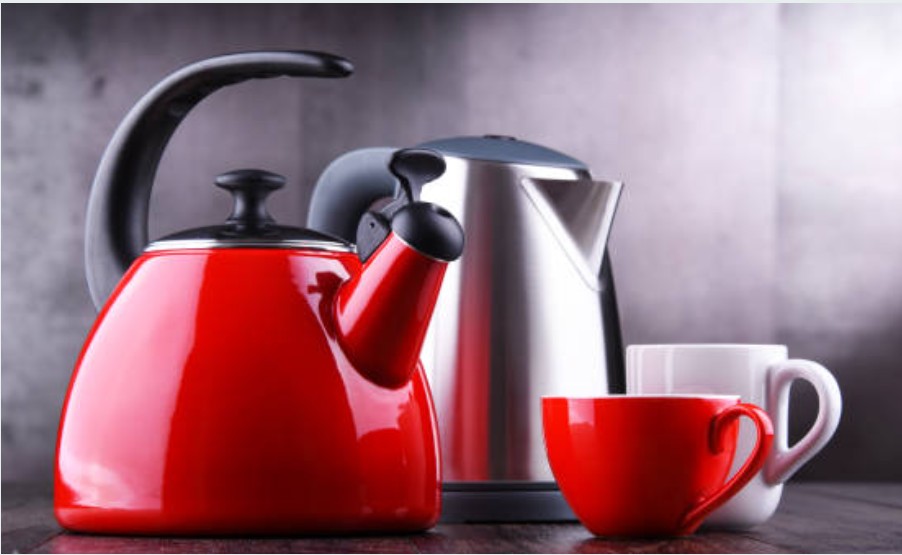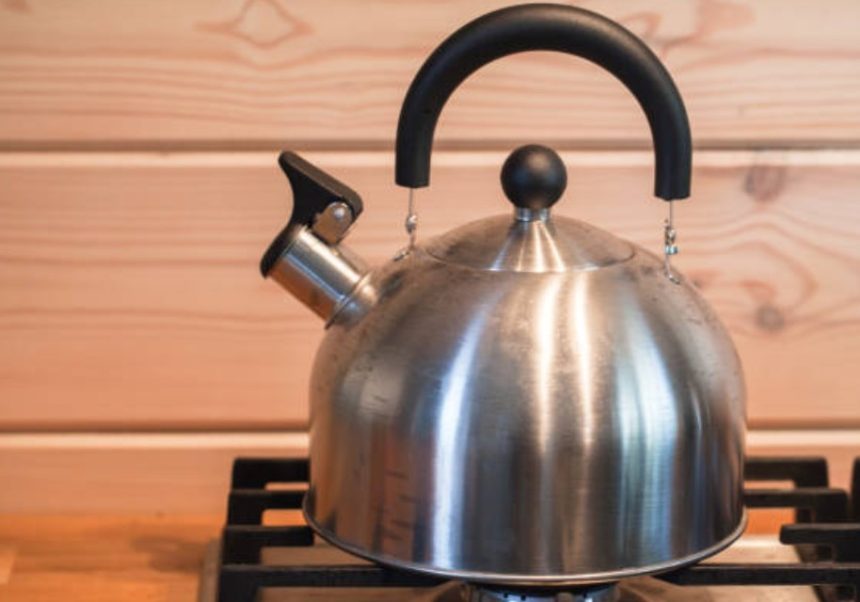How Much Does It Cost to Boil a Kettle has become a burning question for UK households amid soaring energy prices. With current UK electricity rates hovering around 30–35 pence per kilowatt-hour, even the simple act of boiling water carries significant financial implications.
In this comprehensive post, we delve into the factors that drive this cost, offer detailed calculations, and provide practical insights and charts that help visualise where every penny goes. As energy tariffs rise and sustainability becomes a priority, understanding these nuances can empower you to make smarter choices, both for your wallet and for the environment.
Understanding the Components of Your Kettle’s Cost

When asking, How Much Does It Cost to Boil a Kettle, several key factors come into play. The efficiency of your kettle is critical; newer models with features like rapid boil technology and automatic shut-off systems reduce energy wastage compared to older units. The volume of water you choose to boil is another crucial element—overfilling the kettle can increase consumption unnecessarily.
Additionally, the current electricity rate of 30–35 pence per kilowatt-hour directly influences the final cost per boil. Below is a table that summarises these factors with sample figures for various kettle models:
| Kettle Model | Wattage (W) | Boil Time (min) | Energy per Boil (kWh) | Cost per Boil (pence) |
| Standard Model | 3000 | 3 | 0.15 | ~5 pence |
| Energy Saver | 2500 | 2.5 | 0.125 | ~4.1 pence |
| Premium Model | 2800 | 2.8 | 0.133 | ~4.4 pence |
This table not only outlines typical wattage and boil times but also translates them into energy and cost estimates, making it easier to compare different models.
How Much Does It Cost to Boil a Kettle? A Detailed Calculation
Let’s walk through the calculation for a typical kettle. Consider a standard 3000-watt kettle that boils 1.5 litres of water in around three minutes. The energy consumption for this boil can be estimated by converting the power usage to kilowatt-hours:
- Calculate Energy Consumption:
For a 3000W kettle boiling for 3 minutes:
Energy=3000×3/60,000=0.15 kWh - Determine Cost Per Boil:
With an electricity rate of 33 pence per kilowatt-hour (an average within the current range), the cost per boil is:
Cost=0.15 kWh×33 pence/kWh≈5 pence
While 5 pence per boil may seem trivial, when repeated multiple times a day, the costs accumulate. For example, if you boil your kettle three times daily, your annual cost could be around £55. This detailed calculation underscores the importance of efficiency improvements and mindful usage.
Comparing Kettles: Traditional vs. Modern Models

When evaluating the cost to boil a kettle, comparing traditional kettles with modern, energy-efficient models is crucial. Traditional kettles, often made with older technology, tend to have longer boil times and lack features like automatic shut-off or precise temperature control. This inefficiency can lead to higher energy consumption per use. In contrast, modern kettles have been engineered with energy conservation in mind.
They often boast rapid boil features, better insulation, and even smart connectivity options that allow you to monitor energy use in real time. Although modern kettles might come with a higher upfront cost, their efficiency can result in lower operating expenses over time. For UK households, investing in a modern kettle can be a strategic move to mitigate the impact of rising energy costs.
Have You Ever Wondered if Your Kettle is Costing More Than You Think?
Take a moment to consider your daily routine. Although each kettle boil might cost only about 5 pence on average, there are hidden factors that could be driving up your expenses. For instance, overfilling the kettle, using an outdated model, or even leaving it on standby can lead to increased energy waste.
Reflect on your usage patterns: Are you boiling more water than you need? Could a smaller, more efficient kettle better suit your lifestyle? These questions prompt a revaluation of everyday habits that, when optimised, can lead to significant savings. Small adjustments—like boiling only the necessary amount of water or investing in a high-efficiency kettle—can collectively reduce your annual energy bill, making a real difference over time.
Impact of Rising Energy Prices on UK Households
Across the United Kingdom, the impact of rising energy prices is evident in every corner of the household. The cost to boil a kettle, although minimal at around 5 pence per use, is a microcosm of larger financial pressures that families face. Global market fluctuations, supply constraints, and regulatory changes have driven electricity rates up to 30–35 pence per kilowatt-hour.
For many households, these incremental costs add up, especially in a climate where every penny counts. This situation has prompted consumers to seek ways to reduce unnecessary energy consumption, re-evaluate their appliance choices, and embrace energy-efficient practices. By understanding these dynamics, households can better prepare for future price increases and make adjustments that lead to both economic and environmental benefits.
Practical Energy-Saving Tips for Every Home

Adopting simple, effective strategies can help reduce the cost of boiling water, even with current high energy prices. Here are some practical tips to consider:
- Adjust the Water Volume: Only boil the amount of water you need. Overfilling the kettle wastes energy.
- Maintain Your Kettle: Regular descaling and maintenance can ensure that your kettle operates efficiently, reducing energy waste over time.
- Use Off-Peak Hours: If your energy provider offers lower rates during off-peak hours, schedule your kettle usage accordingly.
- Upgrade to an Energy-Efficient Model: Consider investing in a kettle that features auto shut-off, rapid boil functions, and energy-saving designs.
Implementing these strategies can lead to noticeable savings over time, easing the burden of rising energy costs while promoting a sustainable lifestyle.
Consumer Experiences: Real-Life Savings Stories
Across the UK, many households have shared stories of how simple changes in kettle usage have led to significant savings. For example, one family reported that by switching from a traditional kettle to an energy-efficient model and boiling only the necessary amount of water, they reduced their annual energy cost by over £30. Another consumer noted that regular maintenance and descaling helped maintain their kettle’s efficiency, ensuring that it operated at peak performance and saved energy over time.
These real-life testimonials illustrate that even modest improvements in appliance efficiency and usage habits can have a cumulative positive effect on your budget and energy consumption. Such experiences underscore the importance of re-evaluating everyday practices to achieve long-term savings.
The Future of Household Appliances in a Changing Energy Landscape
As energy costs continue to rise, the technology behind household appliances is also evolving. The future of kettles and other small appliances lies in increased energy efficiency and smart technology integration. Manufacturers are focusing on innovative features such as AI-driven energy management, real-time usage monitoring, and even remote control via smartphone apps.
These advancements promise to further reduce energy wastage and provide consumers with precise control over their electricity usage. For UK households, staying abreast of these technological developments is key to managing future energy expenses. Embracing these innovations not only helps in reducing your current bills but also positions your home to better adapt to the changing energy landscape of tomorrow.
Tips for Choosing the Right Kettle for Your Home
Selecting the right kettle involves more than just aesthetics or price—it’s about long-term savings and energy efficiency. Here’s what to look for:
- Energy Efficiency Rating: A higher rating indicates that the kettle uses less energy per boil.
- Appropriate Capacity: Choose a kettle that fits your typical usage. Boiling only what you need prevents energy waste.
- Advanced Features: Look for models with automatic shut-off, variable temperature control, and rapid boil functions.
By considering these factors, you can choose a kettle that meets your household needs while minimising energy consumption and cutting down on costs.
Final Thoughts on Kettle Boiling Expenses and Energy Efficiency
In wrapping up our comprehensive guide on How Much Does It Cost to Boil a Kettle, it becomes clear that every kettle boil, while seemingly insignificant on its own, contributes to a larger pattern of energy consumption that affects both our finances and the environment. With current electricity rates in the UK averaging around 30–35 pence per kilowatt-hour, even a cost of 5 pence per boil can add up quickly if not managed carefully.
By breaking down the cost components, comparing kettle models, and offering practical tips and expert insights, we hope to provide you with a clear picture of where your energy is going. Embracing energy-efficient practices, such as choosing a high-efficiency kettle and adjusting your water usage, can lead to substantial savings over time. Moreover, as technology continues to evolve, future advancements promise even greater control over household energy consumption, paving the way for a more sustainable and cost-effective future.






